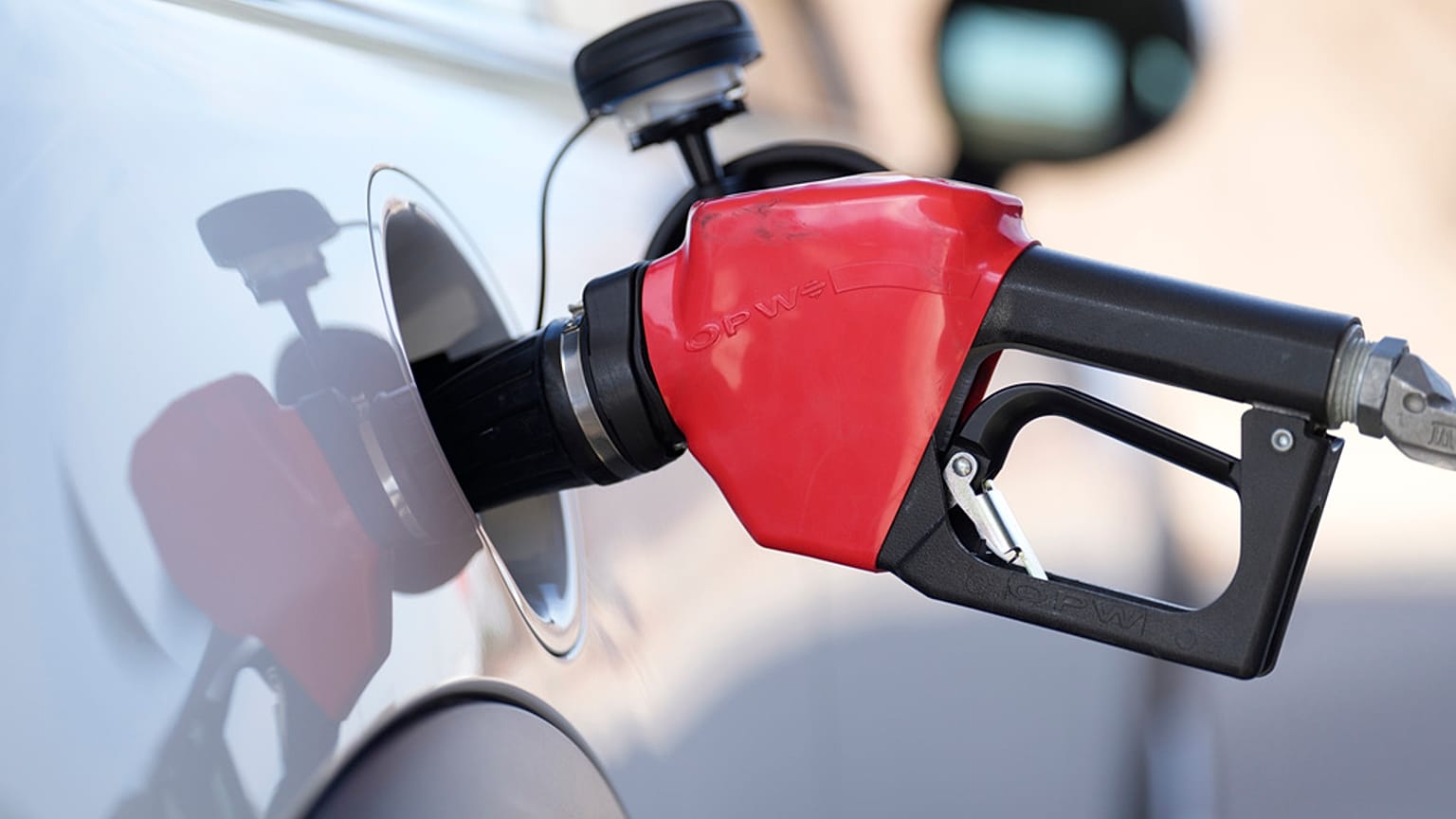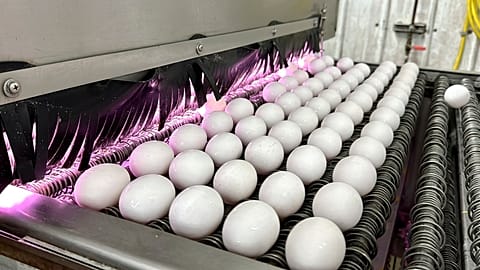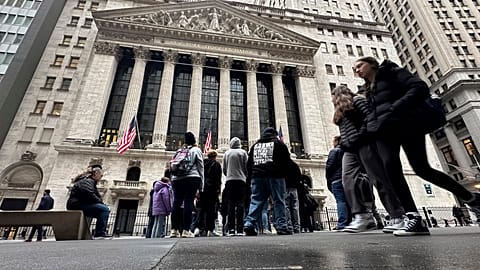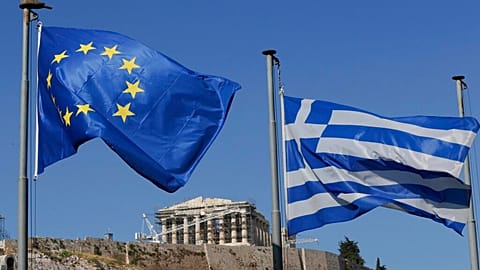Ireland launched a phased plan last year to bring excise rates back to the levels they were at before the Russia-Ukraine war.
Irish consumers will be seeing price hikes for a range of fuels, as well as mobile, broadband and television connections from Monday 1 April. The government has announced that it will be increasing its excise rates on fuel, in order to bring it back to the level it was at two years ago, when a temporary reduction was announced.
Back in March 2022, Ireland had cut excise duties due to soaring fuel prices in the wake of the Russia-Ukraine war. However, since then, the government has already launched a phased plan to bring rates back to previous levels. Under this plan, the first increase was in June 2023 and the second one in September 2023.
Following the 1 April hike, a final one is expected in August this year. Both the March and April raises will mean an extra 4 cents per litre on petrol prices. Diesel will rise by 3 cents a litre, while marked gas oil increases by 1.7 cents a litre.
Kevin McPartlan, the CEO of Fuels for Ireland said, as reported by RTE, “We’re going to see an increase in excise duty on Monday, we’re going to do the same in August, we’re going to have the carbon tax increase in the Budget and we are going to have an increase in the amount of biofuels we have to blend into road transport fuels from 1 January.
“So if everything else remains the same, such as the cost of crude, the cost of refining, the cost of transport, we are looking at an increase in the price of petrol of 15 cents per litre and diesel by 12 cents a litre.
“We think that is going to be a problem for a lot of families and a lot of businesses around Ireland.”
Coming to mobile, broadband and television price increases, Vodafone,Three and Sky Ireland, along with Eir are some of the companies which will be hiking monthly prices. This could see consumers paying about €2 to €8 more, depending on the type of plan and individual providers.
Some companies like Three and Vodafone have a customer agreement clause which allows them to raise fees yearly, based on annual inflation, plus a surcharge at the company’s discretion.
Regarding this year’s hike, Vodafone said on its website, “We understand that changes to price are never welcome, but like many other businesses, we are faced with growing pressures due to inflation and increased demand to invest in our network, so we can deliver reliable connectivity and the best customer experience possible.
“This price increase enables us to offset the cost of inflation while we continue to invest in reliable connectivity to keep you connected.
“This year, the price adjustment that will be applied is 7.6%. This price adjustment applies to all Vodafone mobile and fixed plans which have a 6, 12, 18 or 24-month minimum contract term.”
Irish government criticised for “raking it in” in fuel tax bills
The Irish government has recently been heavily criticised for continuing with its plans to raise excise duties on fuel, despite “raking it in” in fuel tax bills, with 2023 being a record year for the same. Fuel tax bills accounted for almost €3.8 billion last year, which was the most in the last 10 years.
The leader of the Irish political party, Aontu, was one of the critical voices. Peadar Toibin told the Irish Examiner, “The reality presented in these figures is that the government is actually cashing in on the rise in price and has taken in more tax than ever before.
“We’ve heard in recent days about upcoming excise duty hikes on petrol and diesel. Given that these figures show that the tax intake isn’t taking a hit in relation to fuel, and is actually rising steadily, the government should halt the excise duty increases and work to reduce the tax rate given the enormous burden on families, farmers and commuters around the country.”


















